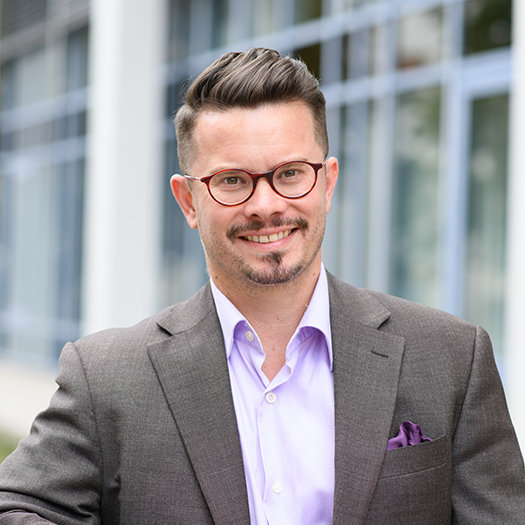Adjusting Work and School Hours to Match the Biorhythm
CommentZEW Economist Nicolas Ziebarth on the Switch to Winter Time
On the night of 27 October, clocks will be set back by one hour, marking the start of winter time, which will last until the end of March 2025. Many people look forward to the extra hour of sleep. Nicolas Ziebarth, head of the “Labour Markets and Social Insurance” Research Unit at ZEW Mannheim and professor at the University of Mannheim, explains why getting enough sleep is essential for health:
“It makes sense to change the clocks twice a year. With permanent summer time, mornings in winter would stay dark for an extra hour. This increases the risk of accidents, especially for younger school children, who find it more difficult to navigate traffic in the dark.
Teenagers in particular suffer from sleep deprivation. Their biological clocks are at odds with early school start times. They are often overtired and have difficulty concentrating, which affects their academic performance. That’s why it would be better to generally start school at nine o’clock.
Switching to winter time has additional benefits. In a study on the effects of sleep deprivation, we showed that putting the clocks back at night increases the amount of sleep people get. This extra hour of sleep has a positive effect on health, reducing the number of heart attacks and hospital admissions at population level for up to four days.
For this reason, employers should also take into account the biological rhythms of their employees and offer flexible working hours unless there are compelling reasons not to. Not only will this improve job satisfaction, it will also boost productivity and reduce the risk of accidents. In the current economic climate in Germany, this would be an effective and low-cost way to increase productivity.”



